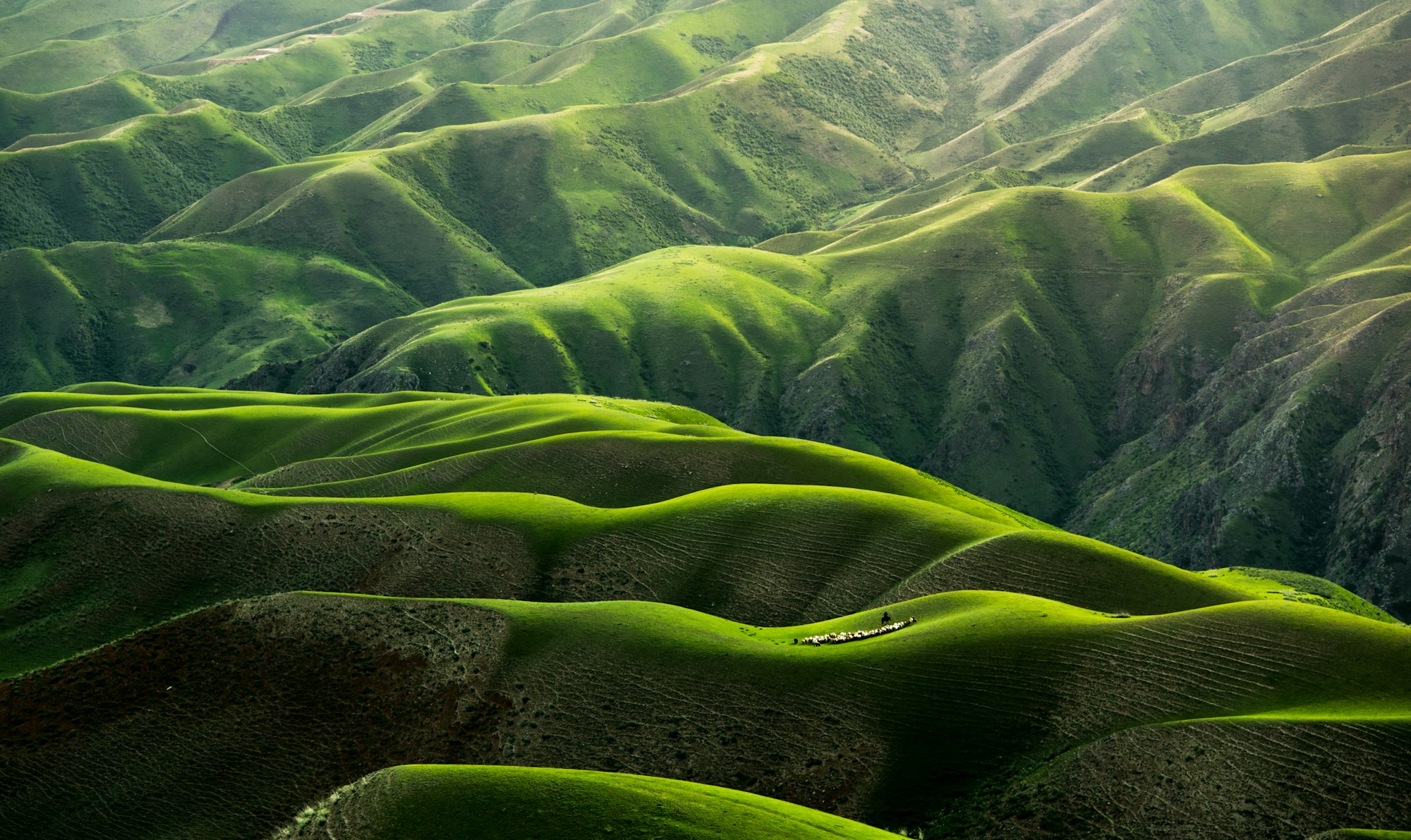Remember Happy?

For a brief moment in time, I was carefree and excited about life. I suspect many others feel the same way about their own pasts.
For me, this period was the 1990s. Perhaps I'm biased because of my age, but I sometimes refer to the 1990s as "peak humanity."
The Cold War had ended, new musical genres were blossoming, and we weren’t tethered to 24/7 tracking devices. With everything now accessible at the press of a button, it feels like everything has somehow lost its value.
More importantly, there was no pervasive existential dread. Before the 1989 fall of the Berlin Wall, it was generally accepted that at any moment, we could be obliterated by a nuclear blast. The arms race consumed our amygdala, even if it didn’t affect our day-to-day lives directly. The possibility of nuclear Armageddon was frequently featured in popular culture and hung over our collective heads.
Once that threat lifted, during the '90s, it felt like humanity had been given a chance to create a better world. The West cooperated with the East as Communism faded. Suddenly, our mortal enemy became an ally. We were aware of the greenhouse effect and global warming, but the Kyoto Protocol gave us hope that the world could come together to address the problem, much like the Montreal Protocol had succeeded in curbing the use of CFCs. Governments promoted healthy living, and initiatives like "reduce, reuse, recycle" showed that business and government could cooperate to cut resource dependence and restore the biosphere.
There were so many reasons to be carefree, aside from my age at the time. The future looked promising.
Today, we know all of that was laughable bullshit. Some people knew it even then. Many of my readers might point to The Limits to Growth (1972) as an early warning sign. But that’s not the point of this article.
The point is that many of us remember a time when we weren’t consumed by fear. We lived unhedged lives, enjoying what lay before us. Today, every moment is tainted by guilt, judgment, or dread. We wonder about those around us: Do they know what we know?
The contrast between then and now is what hurts the most. Is it really true that it’s better to have loved and lost? Is it better to spend your final years wondering what life could have been like if we had used the opportunity—if we’d taken the warnings seriously while we had the chance?
I miss those days because I remember what happiness actually felt like.
I’m not saying I’m never happy now, but it’s always anchored by guilt. Every decision, every moment of joy, is second-guessed: Am I making things worse? Is my happiness justified?
And it only gets worse by the day: the climate crisis, habitat destruction, ignorant leadership, the creeping return of feudalism, the widening social divide. Objectively, it’s all worse than it was before.
It’s possible my internal interpretation of the environment is distorting reality, but there are enough people like me to validate my feelings. It’s true that we tend to idealize the past and exaggerate the present, but I can’t honestly say I feared for humanity’s survival during the 1990s.
In 1991, as the risk of nuclear annihilation receded with the collapse of the Soviet Union, the Doomsday Clock moved to 17 minutes to midnight—its furthest point ever from catastrophe. It’s safe to say that many in the academic world believed humanity was entering a new chapter, one that could lead to enlightenment.

How wrong we were.
Knowing what it feels like to be carefree, how can I look at the world today and feel anything but dread?
Today’s youth are facing catastrophe, but without the anchor of the 1990s, I don’t see how they can fully comprehend just how bad things are. I’m not saying they don’t understand, but if all you’ve ever eaten is shit sandwiches, how can you truly grasp how awful it tastes?





